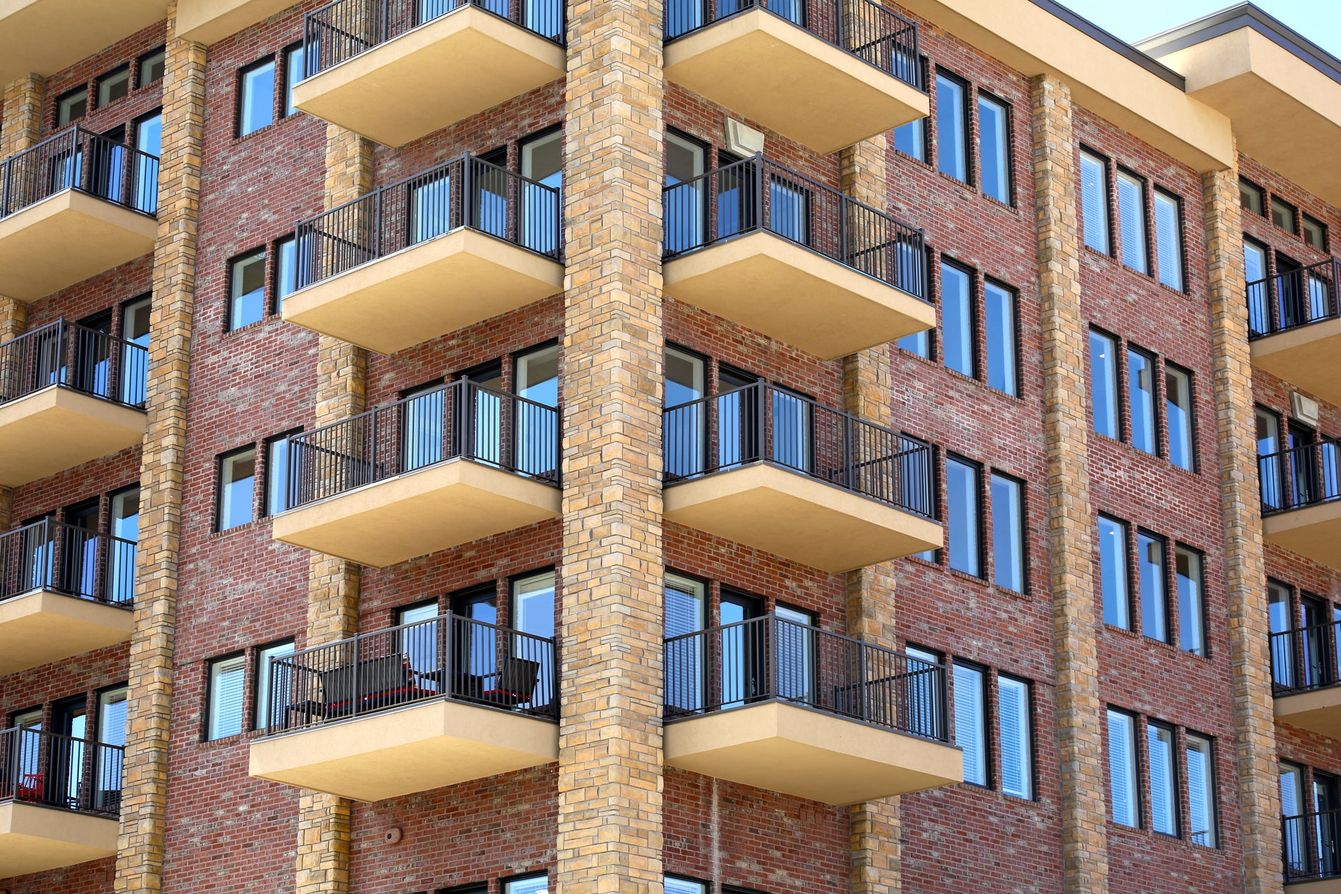Families with young children living in high-rise apartments find it harder to meet and mix with other young families, according to new Deakin University research.
The study from Deakin’s School of Health and Social Development found that a lack of both indoor and outdoor space together with noise and privacy concerns limit social interactions for young families.
Lead researcher Dr Elyse Warner said the research found that families wanted more opportunities for social interaction but found it difficult given the design barriers inherent in high-rise apartment buildings of three levels or more.
“We know that social connections are important for our health and wellbeing but what happens when the buildings don’t accommodate the needs of families, when they are designed for single people and couples without children?” Dr Elyse said.
How two mums found community in the city
It’s a situation that Anuradha Sawhney is all too familiar with. She lives in a high-rise in Sydney with her husband and daughter, now five. When her daughter was born, she found it difficult to find and establish a sense of community in her neighbourhood. Her closest mothers’ group was several suburbs away, “not particularly convenient” for someone with a newborn and without a car”.
“Initially, it was very isolating, as we were surrounded by singles or couples with no kids,” she says.
Surprisingly, however, Anuradha disagrees with the study’s findings and Dr Elyse’s suggestion that “living in small-sized apartments without ready access to outdoor spaces for children to play combined with concerns over disturbing neighbours means families often don’t invite other children for playdates or host social gatherings”.
Five years on, Anuradha still lives in the same high-rise in the city and says she “couldn’t think of leaving” because of the community she and her husband have managed to establish.
“As my daughter grew older and started various classes, we both found friends that we could get along with,” she says. “While the kids learned ballet, us parents would go for walks or sit down at a cafe. These friends have become an extremely important part of our lives and we are often each other’s back-ups during emergencies and school holidays.
“We often have kids over for a playdate,” she continues. “High-rise dwellers are usually disturbed by late-night noisy parties, not kids making a ruckus. We’ve never had a complaint.”
Lexi Crouch, a single mum who lives with her three-year-old daughter in a high-rise apartment in Brisbane, agrees. “I have been able to meet other (single) parents at the local cafe—you notice the parents in the area!”
The benefits of living in the city with young kids
While Lexi agrees that high-rise apartments tend to be occupied by single people and couples without children, as a working mum, she says her living arrangements “work well for us. We go to our local cafe every morning and have a park close by. Everyone also has small designer dogs in the area so keeps us entertained! I don’t plan on moving until I’m in a relationship again—I’ve been living here for three years.”
In Australia, apartment—and high-rise living—is on the increase. According to the ABS, there is now around one occupied apartment for every five occupied separate houses in Australia, compared with one to every seven in 1991.
What this means is that there will be more and more mums raising children in high-rises. The good news is, high-rise living doesn’t have to be isolating for families. As both Anuradha and Lexi found, community connections can still be made while living in high-rises—they just might not be in the traditional way of our parents’ generation.
As Dr Elyse says, “Moving out to larger homes in the suburbs isn’t always the answer and it further isolates the families that remain.” The solution lies in creativity, and as the Deakin study recommends, having councils provide family-friendly outdoor spaces in parks and recreation reserves, such as covered barbecue areas and play spaces.

How helpful was this article?
Click on a star to rate it!
0 / 5. 0
Be the first to rate this post!
Melody Tan
Related posts
Subscribe
Receive personalised articles from experts and wellness inspiration weekly!


